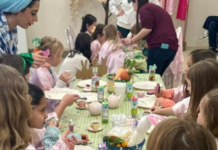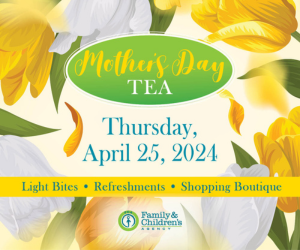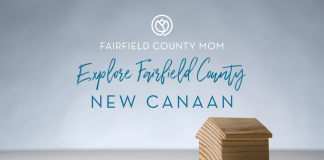Why Words Matter
I’m an English teacher, so words really matter to me. Their meaning, their tone, their flow in a sentence, all contribute to their overall impact upon their audience.
As a mom, teaching words is an even more complicated job. I’m not talking about language acquisition or building a love of literacy. I’m talking about the fact that we’re raising tiny human beings. It’s our responsibility to help them speak with respect, compassion, honesty, and confidence. Idealistically, we want to give them the tools to make the world a better, more peaceful place. It’s a lofty goal, I know, but I like to believe that baby steps can work some magic.
The Big Reveal
With that dream in mind, there is a single word that my husband and I don’t allow our children to use in conversation. The word is a noun and a verb, and either way, it is vile in meaning, harsh in tone, and tossed around so frequently and flippantly that people have forgotten the essence of its impact.
The word is “hate.” Even now, all the words that I’ve written, that’s the one that jumps out on the screen. Let’s take a look at the Merriam-Webster definition:
Noun: intense hostility and aversion usually deriving from fear, anger, or sense of injury
Verb: to express or feel extreme enmity or active hostility.
There’s nothing positive I can pull from any of those words. Everything that’s wrapped up in “hate” induces some sort of negativity. Negativity we don’t need, nor do we truly mean.
Addressing the Problem
I don’t know where my daughter heard the word or the details surrounding the reason she uttered it as a verb sometime last year (I think I’ve consciously blocked it out), but I remember my gut-jerk reaction was to sternly say, “That’s not nice. We don’t say that word even if we’re angry.” Of course she was exaggerating when she said it, but that’s the very point. Kids (and adults, myself included) often speak off the cusp in the heat of the moment, not taking a moment to recognize how quickly that word can be (mis)interpreted.
My daughter reads now and she recently gasped when she got to the page when Judith Viorst’s well-known character, Alexander, says, “I hate lima beans. I hate kissing.” Having internalized our lesson on language, she ran to show us the bad word, but then she got confused and sad. She LOVES kisses and couldn’t understand why anyone wouldn’t. She’s never had lima beans (and she probably wouldn’t like them based on the other beans she spits out), but she knows her daddy likes them. That’s what “hate” does. It makes people feel perplexed, defensive, upset, vulnerable, etc. Even if it’s for a fleeting moment and prompts a meaningful conversation, the word is abusive and abused.
My husband and I encourage our kids to accurately express their dislikes with specific language that requires at least three seconds of thought. It’s not always kind, but it has yet to sting like that hazy memory from last year. Common phrases include, “Ewwwwww, olives are gross, but it’s okay that Mommy loves them,” (ironically, they’ve turned it into a game, asking me to wave one close to their face, so they can back away in horror) and “Go away, you’re bothering me,” (on repeat). They have a growing list of “I don’t likes,” which they, and all of us are entitled to, but “hate,” that’s something we’re going to throw out, not around.


























